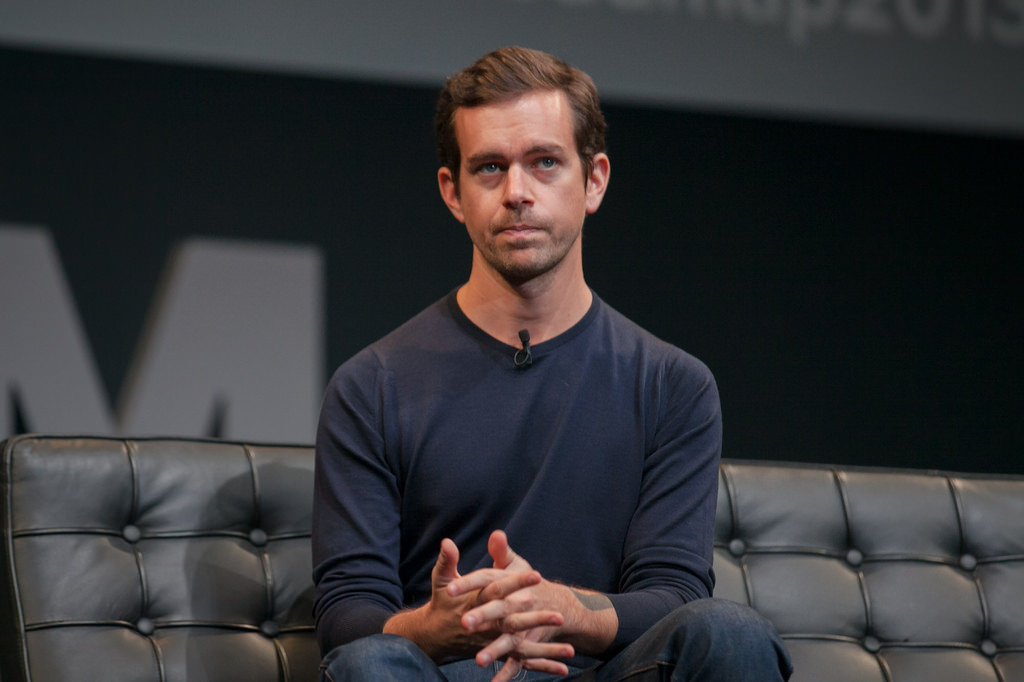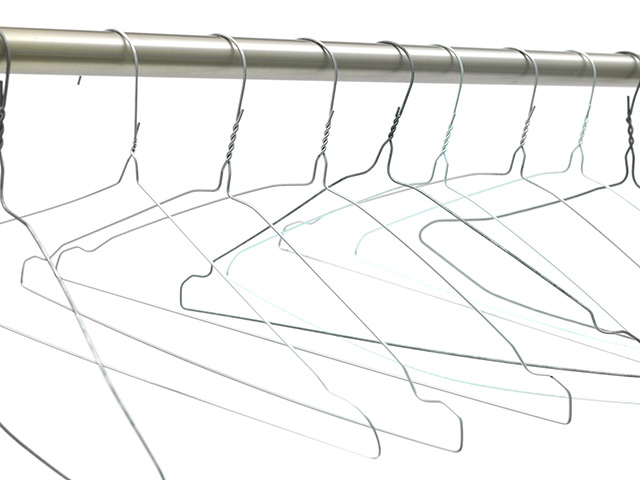Twitter opposes censorship only when it affects Twitter
01/15/2021 / By Ethan Huff

Just days after banning President Donald Trump from the platform for repeatedly tweeting about the fraudulent 2020 election, Twitter engaged in the very same behavior by tweeting messages of protest against internet censorship ahead of the upcoming elections in Uganda.
The official “Twitter Public Policy” account complained in a series of tweets that internet service providers are supposedly “being ordered to block social media and messaging apps” in order to thwart the outcome of Uganda’s upcoming election.
“We strongly condemn internet shutdowns,” Twitter whined, adding that “they are hugely harmful, violate basic human rights and the principles of the #OpenInternet.”
At first glance, it almost seems like some kind of joke in light of the fact that Twitter violated the basic human rights of America’s president by censoring his account for no other reason that simple disagreement with the facts he was presenting to the world. But it gets better.
In an effort to stop internet service provider censorship in Uganda, Twitter has decided to censor “a number of accounts targeting the election in Uganda.” In other words. Twitter’s solution to the problem of censorship is to engage in more censorship.
“If we can attribute any of this activity to state-back actors, we will disclose to our archive of information operations,” the Jack Dorsey-led company added, seemingly non-ironically.
“Access to information and freedom of expression, including the public conversation on Twitter, is never more important than during democratic processes, particularly elections,” the company added.
Remember when Twitter censored damning information about Hunter Biden before the Nov. 3 election?
As our astute readers will recall, Twitter actively interfered in the 2020 election, doing the very same things it is now condemning in Uganda, by censoring all of the damning information that came out about Joe Biden’s son, Hunter.
The entire “HunterGate” scandal, as it is now called, was completely blacklisted from Twitter in the days leading up to Nov. 3, which prevented users trying to become better informed about the scandal from learning the truth.
Meanwhile, Twitter allowed the Rudy Giuliani Borat prank to “trend” as real news, even though it had already been exposed as a Hollywood gag with no actual substance.
Twitter blatantly interfered in an election, in other words, and contributed to a false outcome. And Twitter is now condemning overseas that which it did here on our own soil, as if nobody will notice and hold the company accountable.
“Months ago, Twitter blocked the spread of news regarding Hunter Biden’s leak saying that they wanted to prevent interference in the election, even if the information were relevant enough to change someone’s mind,” wrote one Twitter user about the hypocrisy.
“I don’t criticize a government trying to prevent such things,” this same user added, referring to efforts by Ugandan ISPs to block Twitter and other social media platforms from interfering with Uganda’s election.
Truthfully, this is the right thing to do, and probably should have been done here in the U.S. as well to prevent far-left tech companies like Twitter from paving the way for a fake Biden “presidency.”
“Are there no mirrors at Twitter?” asked The Blaze‘s social media editor, Jessica O’Donnell.
“It isn’t that they don’t have mirrors, it’s that they don’t have reflections,” responded another, both of them powerfully illustrating the denseness and lack of self-awareness that clearly plagues the corporate culture at Twitter.
“Pizza Hut gets all the Dominos closed in the U.S., then complains that China outlaws pizza,” wrote yet another, using a brilliant analogy to illustrate the utter stupidity of those who run Twitter.
More of the latest news about Big Tech censorship can be found at Censorship.news.
Sources for this article include:
Tagged Under: Censorship, Dorsey, double standard, election, First Amendment, hypocrisy, Jack Dorsey, Twitter, Uganda free speech
RECENT NEWS & ARTICLES
COPYRIGHT © 2017 BigTech.news
All content posted on this site is protected under Free Speech. BigTech.news is not responsible for content written by contributing authors. The information on this site is provided for educational and entertainment purposes only. It is not intended as a substitute for professional advice of any kind. BigTech.news assumes no responsibility for the use or misuse of this material. All trademarks, registered trademarks and service marks mentioned on this site are the property of their respective owners.





















